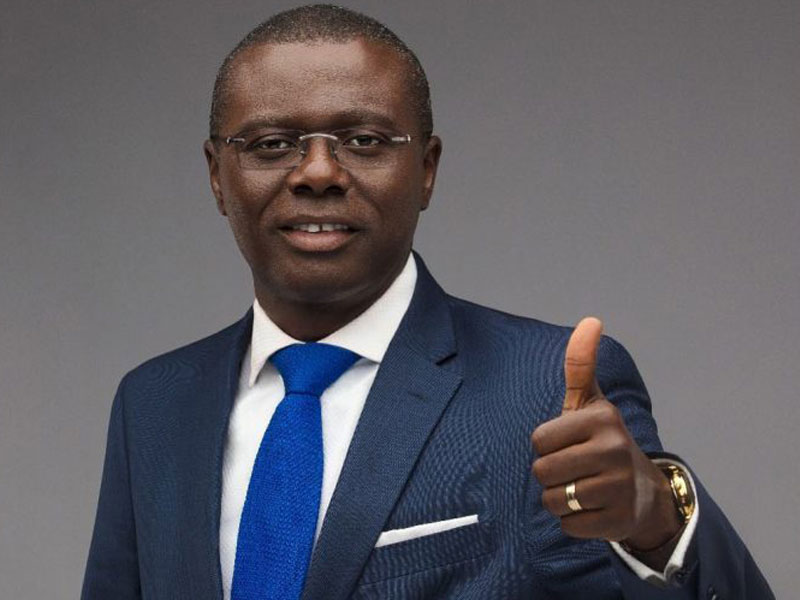By Samson Echenim
The Lagos State government has forecasts a revenue of $350 billion from the Lekki Deep Seaport, a project it is partnering the federal government and some Chinese concerns.
Biodun Dabiri, chairman of Lekki Port Board of Directors, said while witnessing the signing of $629 million loan from China Development Bank (CDB) for the Lekki Seaport project, that the project would make immense impact on the nation’s economy by creating more than 200,000 jobs, while the Lagos State government would generate about $350 billion in revenue over the period of the concession.
“The loan represents a significant milestone, which when combined with foreign direct investment of $230 million through equity injection by CHEC, will ensure a successful delivery of the seaport. It will re-position Nigeria as the trans-shipment hub in sub-Saharan Africa upon the conclusion of the second phase,” Dabiri was quoted in a statement.
He described the project as strategic for the economic growth of Lekki Free Zone, as it would support the massive industrial and petrochemical complex being embarked on in the Northern and Southern quadrant of the zone with investment over the next three years peaking at over $20 billion.
“With Lekki airport in view, there will be an emergence of a Harbour City which would be internationally connected by air and also with world-class integrated transport network of roads, rail and bridges,” he added.
Dabiri said the concessionary agreements had the support of both the federal and the Lagos governments. He said that the investors agreed with the terms and conditions laid down by the Nigeria Port Authority (NPA) and Lekki Worldwide Investment.
Earlier, Babajide Sanwo-Olu the Lagos State governor said investment of $629 million by CDB on the Lekki Seaport project would ensure the completion of the project which is expected to “invigorate the Lagos economy and push it up in the index of largest economies in the world.”
“This is a new beginning for us in Lagos. We have achieved another milestone in our efforts to transform the state and accomplish the 21st century economy ambition. As a government, we are fully in support of the project. We will do all we can to ensure the terms of the agreements signed today are delivered within 30 months as agreed. We expect that the outcome will catalyse Lagos’ fifth largest economy and take it up more in the index of largest economies in years to come,” Sanwo-Olu said.
The loan was secured from the Chinese bank after China Harbour Engineering Company (CHEC), which owns majority shares in the project, signed a 45-year concessionary agreement with Lekki Port LFTZ Enterprise Ltd (LPLTZ) to complete the Phase 1 of the deep seaport project.
After completion, the deep seaport would have two container berths of 680-metre long and 16.5-metre water depth.
It will also have the capacity to be berthed by fifth generation container ships, which has a capacity of 18,000 TEU ship.
Lin Yichong, CHEC chairman, said that the Chinese engineering firm took interest to invest in the deep seaport to enable Nigeria strengthen its maritime infrastructure and business.
Yichong said that it was the first deep seaport that would ease pressure at Tin-Can Island and Apapa ports.
He said that the Phase 1 of the project would be built with annual handling capacity of 1.2 million TEU, and the capacity would be increased to 2.5 million TEU upon the completion of the second phase.
“After the completion of the Lekki port, it would become the first deep seaport in Nigeria and the container transportation hub in Africa. In the course of the construction of the project, it is expected that a huge number of employment opportunities would be generated for residents of Lagos.” he said.









